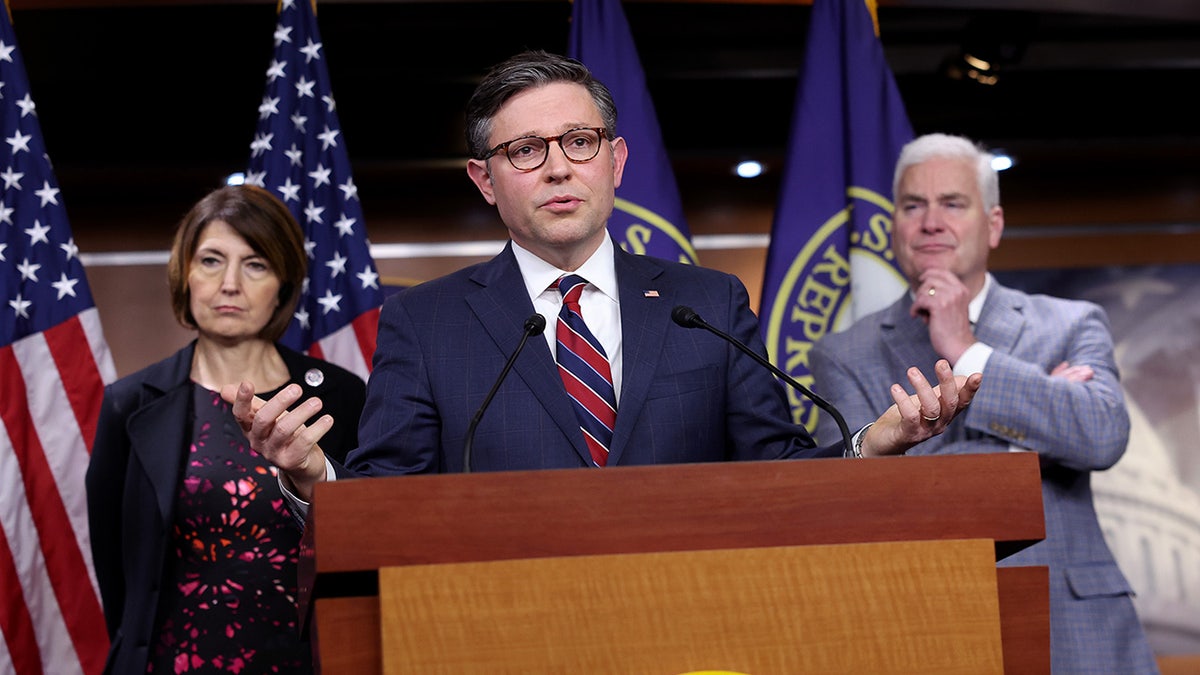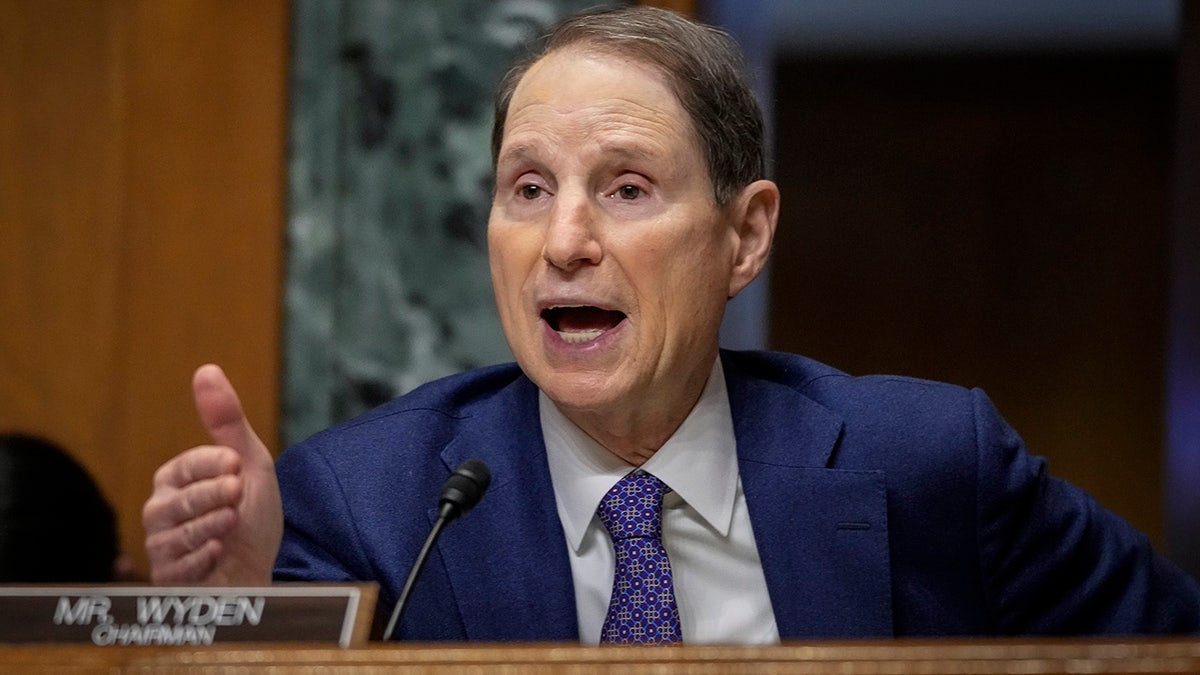Schumer weighs in on bicameral tax bill ahead of expected House vote
Senate Majority Leader Chuck Schumer says SALT has been ‘extremely detrimental to my state’
The House of Representatives approved a major bipartisan deal to temporarily expand the child tax credit and revive a number of business tax breaks on Wednesday.
The $78 billion tax bill passed in a 357-70 vote with wide support from both Democrats and Republicans, despite issues raised earlier this week by key factions on the right and left.
It got support from 188 Democrats and 169 Republicans. Forty-seven Republicans voted against the bill along with 23 Democrats.
Speaker Mike Johnson, R-La., gave the bill his blessing hours before the final vote.
"The Tax Relief for American Families and Workers Act is important bipartisan legislation to revive conservative pro-growth tax reform. Crucially, the bill also ends a wasteful COVID-era program, saving taxpayers tens of billions of dollars," Johnson said in a statement.
SPEAKER JOHNSON ENDORSES BIPARTISAN TAX BILL AS 'CONSERVATIVE,' 'PRO-GROWTH' REFORM

U.S. Speaker of the House Mike Johnson (Kevin Dietsch/Getty Images)
It’s now headed to the Senate, where Sen. Mike Crapo, R-Idaho, the top Republican on the Senate Finance Committee, previously called the bill a "starting point" in tax talks.
House GOP leaders opted to put up the bill under suspension of the rules, which bypasses a procedural hurdle known as a rule vote in exchange for raising the threshold for passage to two-thirds of the chamber rather than a simple majority.
Rule votes would traditionally fall across party lines; even lawmakers who oppose the legislation itself would vote along with their leadership to pass the rule.
But it’s been weaponized several times during the 118th Congress by GOP factions who have deliberately sunk rule votes in protest of how Republican leaders are handling matters, even those unrelated to the legislation they’re voting on.
BLUE-STATE REPUBLICANS SCORE COMMITMENT FROM JOHNSON ON SALT VOTE AFTER HOUSE FLOOR PROTEST: SOURCES

House Ways and Means Chairman Jason Smith helped lead the tax bill. (Bill Clark/CQ-Roll Call, Inc via Getty Images)
The tax deal would temporarily include a phased-in annual increase of the child tax credit’s maximum refundable amount from $1,600 until it hits $2,000 for 2025, its final year. It would also enhance child tax credit benefits for families with multiple children.
The child tax credit was expanded during the COVID-19 pandemic, but efforts by Democrats to make those changes permanent failed in the last Congress. In a win for GOP negotiators, work requirements remain in place to qualify for the child tax credit, despite calls from the left to do away with them.
It would also boost American businesses’ ability to expense research and development costs if it’s conducted inside the U.S. in a bid to incentivize new U.S. manufacturing.
SPEAKER JOHNSON FACES NEW GOP REBELLION, THIS TIME FROM MODERATES

Smith negotiated the tax bill with Senate Finance Committee Chairman Ron Wyden, pictured here. (Drew Angerer/Getty Images)
Rep. Randy Feenstra, R-Iowa, a member of the Ways & Means Committee, argued the bill helped families in his rural Iowa district while keeping the U.S. competitive against China.
CLICK HERE TO GET THE FOX NEWS APP
"This legislation includes provisions to build affordable homes in our rural communities, expand the child tax credit to help supplement the costs of raising a family, and lower taxes for hardworking Iowans," Feenstra told Fox News Digital. "It also helps our farms, businesses, and manufacturers compete with China by allowing them to purchase needed equipment, invest in cutting-edge research and development, hire new employees, and keep their operations profitable."




